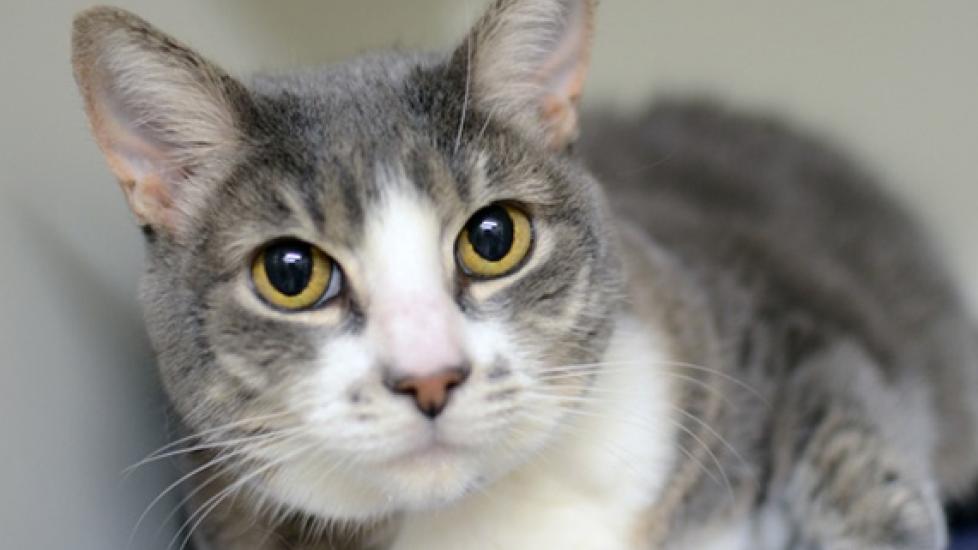Does My Senior Cat Hate Me?
By Jessica Remitz
As your cat gets older, you may notice your once snuggly, loving friend becoming a bit more reclusive. Sometimes you may find yourself wonder, "Does my cat hate me?" While behaviorial changes are a normal part of aging, it can be challenging to find ways to reinforce your bond with your cat, and ultimately, determine the proper ways to care for them.
We’ve asked an expert to share some tips on how to bond with your senior cat and behaviors to look out for.
Changes in Your Cat’s Behavior
In a similar manner to people, cats will become less active and more sedate as they age, said Katie Watts, senior feline behavior counselor at the ASPCA adoption center. Changes in their behavior can be caused by medical conditions, such as hyperthyroidism, arthritis and dental disease, or cognitive diseases like dementia. Common symptoms of these conditions can include irritability, discomfort and limited mobility, while cats suffering from dementia may wander around and meow more frequently, Watts said.
Even if your senior cat is perfectly healthy, you’ll likely notice a decrease in their activity level, which is normal part of the aging process.
“While some cats stay active at 15, 16 and 17, most won’t want to play as much anymore,” Watts says. “As long as they’re still able to move around okay, it’s not something to worry about.”
Fortunately, there are ways for you to spend time with, and connect to, your cat.
Caring for, and Bonding with, Your Senior Cat
Although it can be challenging to manage changes in your cat’s behavior, Watts suggests experimenting with different activities to see what makes them happy, from spending some time on the couch together to a good quality grooming session every now and again. And if food is the only thing that motivates them, try hand feeding in lieu of giving too many cat treats.
“You want to spend some quality time with [your cat] to reinforce your bond with them and show you’re something they will want to be around,” Watts says. “Adjust your behavior to your cat’s to accommodate them.”
Any sudden changes in your cat’s normal behavior should be checked out right away, she says. While some cats may be a little bit more dramatic in their behavior by meowing, swatting or trying to bite, others may be less vocal and will show discomfort in changing their eating habits or cat litter box behavior. Take note of these changes and investigate it right away by taking them to a veterinary professional.
“We see a lot of adopters who start to see behavior changes that they don’t think could be medically related, but behavior is one of the first things to be a symptom of an underlying medical condition,” Watts says. She recommends taking senior cats to the vet every six months rather than once a year and to bring them to a vet immediately if you notice any sudden, unexplained changes in behavior.
Learn more about keeping your senior cat young at heart.
Photo courtesy of the ASPCA. Maureen is a sensitive 11-year-old cat who likes attention, but on her own terms. She will make it quite clear when she’s had enough, or when she is looking for some more attention and love. She would do best with an experienced cat adopter in a quiet household, ages 13 and up. Learn more about adoptable cats at the ASPCA.
